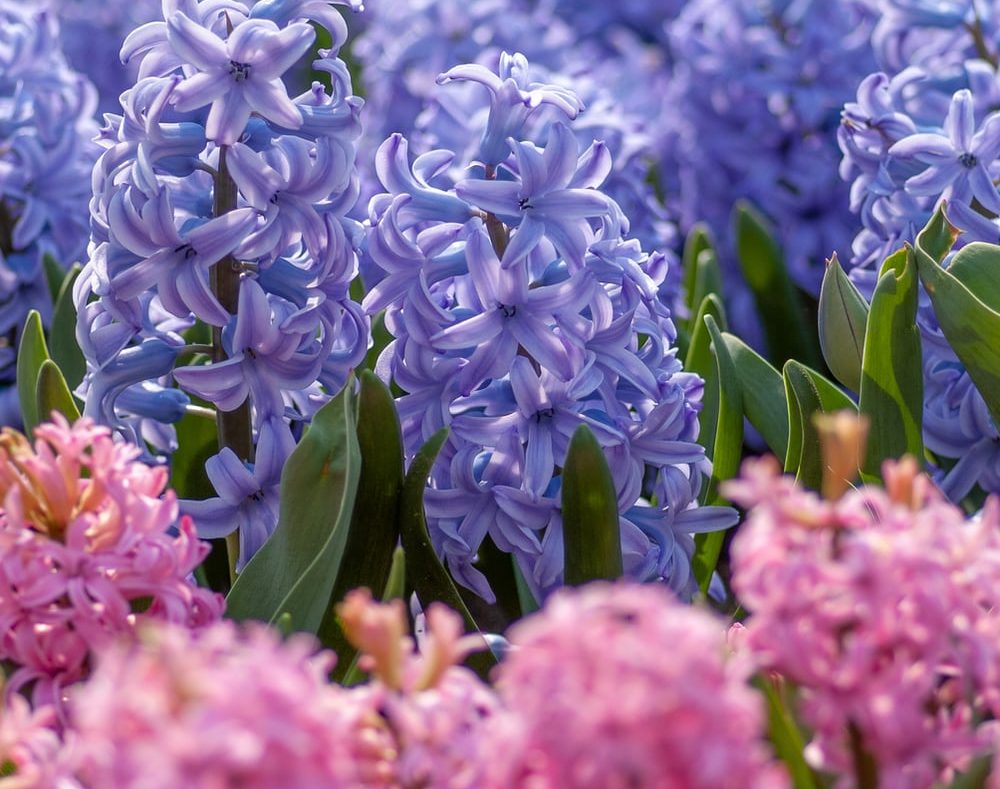A Passover Seder Supplement for 2020
The Haggadah is a tool for imparting the lessons of the past to the next generation. We are meant to apply the Biblical stories of oppression to the present so that we can create a future of equality, peace, and justice for all. Jewish tradition teaches: “Whoever expands & expounds upon this story is worthy of praise!” Here are options from which to choose to enrich your Seder experience: [Click here for printable PDF of the Seder supplement]
Order & The Fifteen Steps of the Seder
Washing of Hands
We wash our hands twice in the traditional Seder: once without a blessing before eating parsley, a symbol of spring, and once with a blessing before eating the matzah. Today, in the face of COVID-19, washing takes on new meaning. Our washing of hands can be a spiritual practice not only at Passover but every day. For the twenty seconds we lather our hands with soap we can offer a prayer:
We wash our hands for protection, in preparation, in prayer… for ourselves and our health, for our families and those we love, for the wellness of those providing healthcare services, and other essential needs,for our world and its well-being.
בָּרוּךְ אַתָּה הָ׳ אֱלֹהֵינוּ מֶלֶךְ הָעוֹלָם אֲשֶׁר קִדְּשָׁנוּ בְּמִצְוֹתָיו וְצִוָּנוּ עַל נְטִילַת יָדַיִם
Barukh atah adonai eloheinu melekh ha-olam asher kidshanu b’mitzvotav v’tzivanu al netilat yadayim.
Blessed are you, O God, sovereign of the universe, who has instructed us on washing hands.
The Four Children
The goal of the Seder is to teach. This year we teach virtually. As there are four types of children, so are there four types of online learners:
The wise one is the focused learner who embraces the vast web of opportunities for education at a distance.
The wicked one is the resentful learner, who can’t set aside the pain of so many missed in person opportunities, or the distracted learner, who gets drawn away by all the digital diversions.
The simple one sits back and passively watches the lessons being transmitted.
And the one who does not know how to use technology and the one who does not have digital access are altogether removed from the learning opportunity.
To all these learners we try to teach the lessons of liberation in whatever creative ways we can.
The Plagues of Today
To the list of our Haggadah’s plagues, we add contemporary plagues:
domestic violence, racial injustice, lack of affordable housing, unemployment, food insecurity, climate change, mass shootings, hate (antisemitism, Islamophobia, etc.), natural disasters, the COVID-19 pandemic.
Hallel – Gratitude
To our neighbors, friends, and community members who are healthcare workers,
Thank you.
For leaving your home in a time of social distancing. For doing your sacred work of healing. For subduing your inevitable fears to do your job.
For your minds that find treatments. For your hands of healing. For your hearts of service.
For the sacrifices you have made throughout your lives and careers and for those you are making today and tomorrow.
May God grant you strength in your weary hours. May God grant you wisdom for the tough decisions you must make. May God grant you patience for when what you need is not readily available. Most of all, may God grant you and those you love health and long life.
May you be blessed to rejoice in the recuperation of your patients and may we all be able to celebrate together the end of this pandemic (in crowds of the size of our choosing).
We do not need to wait for Time Magazine’s 2020 Person of the Year for we know you are it.
A Letter to Elijah
Passover 2020/5780
Dear Elijah,
Our tradition has so much to say about you. We call you at the end of each Shabbat to bring about a time that is all Shabbat, when we will be one with each other and with the environment. We call to you at each bris and baby naming, to speedily arrive so that our newborns will know a world of peace – where gun violence and poverty are unknown. We call to you now on Passover, as we have done throughout our lives, opening the door and praying you will walk through and tell us that redemption is on its way – redemption from hate, from scarcity, from illness.
Elijah, this pandemic has pushed everyone to the edge – economically, physically, emotionally. If ever we understood our oneness and global connectedness it is today.
We know that bringing about a messianic time requires our readiness to receive you. Our Rabbis taught that you could be garbed as any homeless and hungry stranger on the street or as any patient in a hospital bed. That could be any one of us today. We see you in each other. We see you in ourselves.
This year, may you enter our doors and our hearts. For if we see our common humanity and set global healing as our collective goal toward which we daily work, then indeed you will come.
We hope to see you soon.
The Seder’s Conclusion
In just a moment, we will end the Seder with words which our people have spoken for thousands of years. Yet first we say: this year online, next year in person; this year with uncertainty, next year on solid ground; this year in exile, next year in Jerusalem.
L’shanah Haba’ah B’Yerushalayim – לשנה הבאה בירושלים
[Photo by Yoksel Zok.]



No Comments